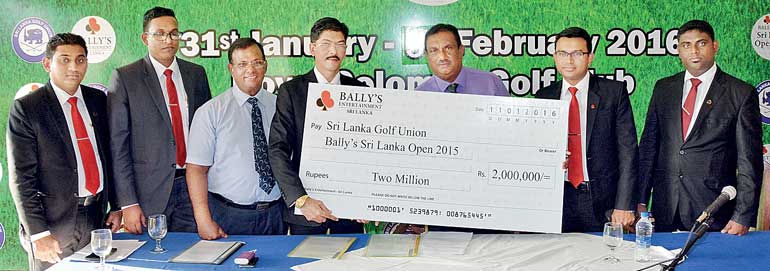Monday Feb 16, 2026
Monday Feb 16, 2026
Wednesday, 6 January 2016 00:00 - - {{hitsCtrl.values.hits}}
REUTERS: The International Cricket Council (ICC) will be seeking to move closer to the establishment of a formal competition for test cricket as one of its priorities for the year, chief executive officer David Richardson said on Tuesday.
Discussions with full members about a possible competition and its format had already begun and will continue over the next months before a concrete proposal is placed in the organisation’s annual general meeting in June.
“We want to make a huge effort this year to put something in place that will help us sustain the value of bilateral cricket and, in particular, the profile of test cricket,” Richardson told reporters in Cape Town where South Africa are hosting England in the second of their four-test series.
“The Ashes are still extremely successful and generate lots of money and generally test series against India will generate money, but there are a lot of series that happen that do not make much more than just to cover the costs.
“We are consulting with all our members to see what we can do to give more context and meaning to bilateral cricket, whether that is introducing a test league or test championship or whether it’s introducing proper qualification leagues, like they do in football, for ICC events.”
“If something does come of it, existing television deals means it would only be able to be implemented after 2019,” he added.
The ICC’s other priorities for this year were the standardising of the Umpire Decision Review System (DRS), to ensure a successful Twenty20 World Cup in India and to develop the game in the US, he added. “We have engaged MIT (Massachusetts Institute of Technology) to do research on all the DRS technologies and, in particular, the edge-detection and ball-tracking so that we’ve got an institute with credibility to pronounce on that.
“Once we have those results, we can the review all the principles and policies around how the technology is used with the aim to produce a uniform DRS system that we can provide wherever international cricket is played.
“I can’t promise that everyone will accept it as yet; that’s an unknown, but once the MIT results are known hopefully that will make it easier to achieve.”
Richardson said cricket in the US had potentials with more active players than test playing nations like New Zealand and Zimbabwe.
“There are 18 leagues around the US but they are very fragmented and for that reason the country has made no progress. We have gone in to try and united everyone.”